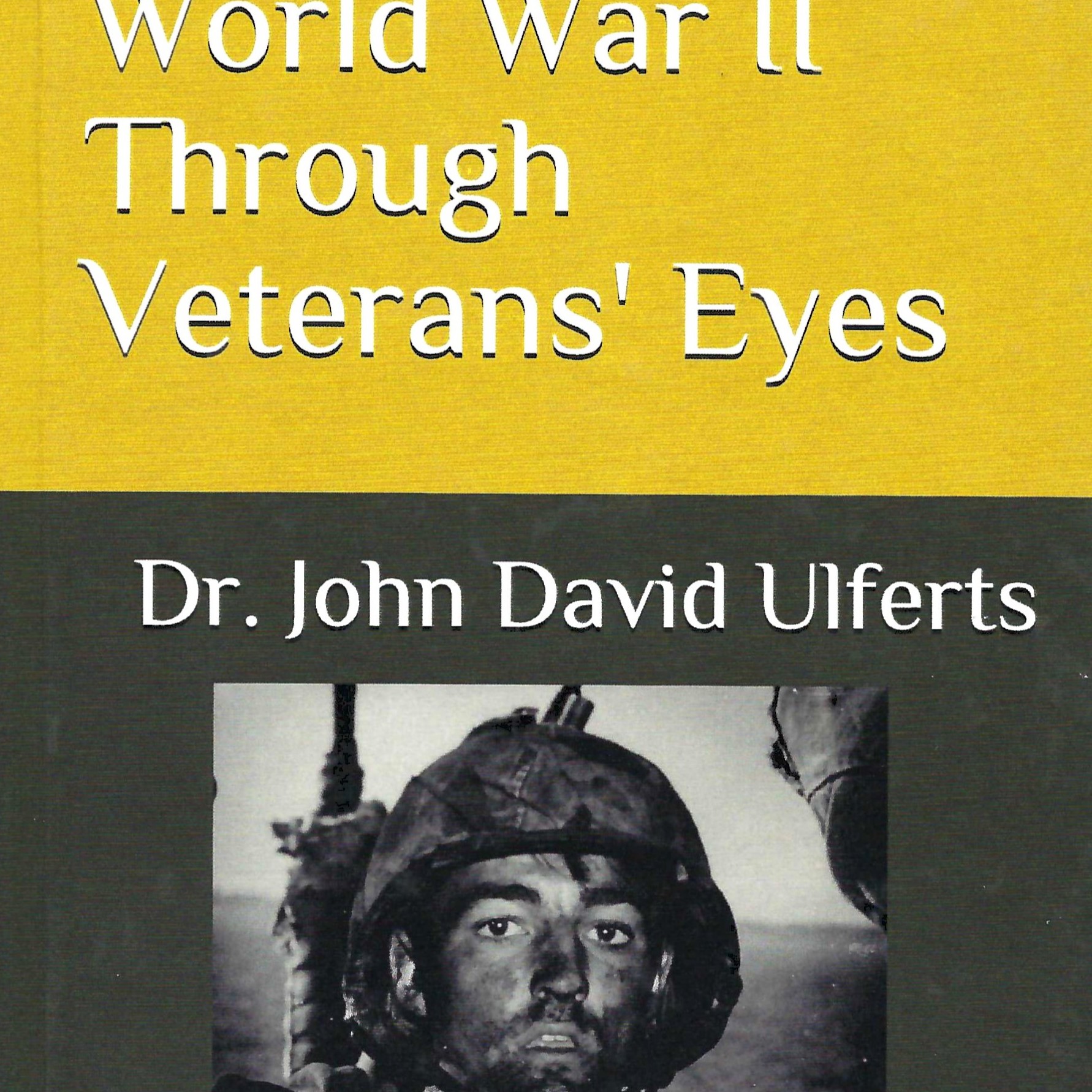Always Remember – World War II Through Veterans’ Eyes

Always Remember - World War II Through Veterans’ Eyes
Podcast Description
World War II was a pivotal moment in world history, when not only the survival of the United States was at stake, but of democracy throughout the world. Had the Allies lost WW II, fascism would have engulfed the world even as genocide would have robbed humanity of its diversity. WW II veterans live again through these short podcasts, which like the accompanying book of the same name, tell their incredible stories of valor and sacrifice. Each riveting podcast tells the story of WW II through the eyes of those who fought it. They were called the greatest generation for a reason. The host invites you to email him at [email protected].
Podcast Insights
Content Themes
The podcast centers around themes of valor, sacrifice, and historical recounting, highlighting significant battles and personal journeys from World War II. Episodes cover pivotal moments like the combat jumps of paratroopers, dogfights in the Solomon Islands, and the impact of the Pearl Harbor attack, offering listeners a rich tapestry of emotional and factual storytelling.

World War II was a pivotal moment in world history, when not only the survival of the United States was at stake, but of democracy throughout the world. Had the Allies lost WW II, fascism would have engulfed the world even as genocide would have robbed humanity of its diversity. WW II veterans live again through these short podcasts, which like the accompanying book of the same name, tell their incredible stories of valor and sacrifice. Each riveting podcast tells the story of WW II through the eyes of those who fought it. They were called the greatest generation for a reason. The host invites you to email him at [email protected].
Donald Chase understood that freedom isn’t free. He defended his country in two wars, WW II and the Korean war, and in doing so received 4 purple hears and 2 bronze stars. In both wars, soldiers often wished to receive a “million dollar wound” – a battlefield injury that would send the soldier back home away from fighting, but not one that was bad enough to kill them or leave them permanently maimed. Chase received at least two million dollar wounds, but each time he begged his commanding officers to send him back to the front. As an infantryman, he was fiercely loyal to the men he served with and couldn’t leave their side as long as they were in danger. After the war, Chase found it easier to share his painful memories in poems. This podcast tells the story of Chase’s service in two cataclysmic wars.
Young Donald Chase
Donald Chase in uniform
Donald Chase in his later years
Korean War

Disclaimer
This podcast’s information is provided for general reference and was obtained from publicly accessible sources. The Podcast Collaborative neither produces nor verifies the content, accuracy, or suitability of this podcast. Views and opinions belong solely to the podcast creators and guests.
For a complete disclaimer, please see our Full Disclaimer on the archive page. The Podcast Collaborative bears no responsibility for the podcast’s themes, language, or overall content. Listener discretion is advised. Read our Terms of Use and Privacy Policy for more details.